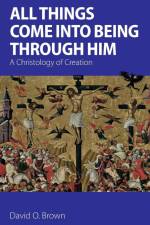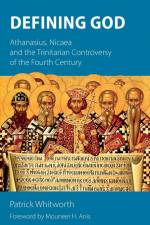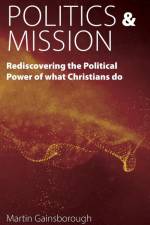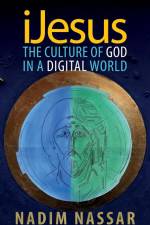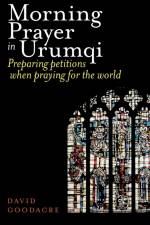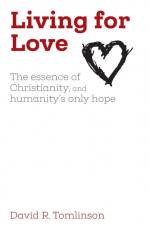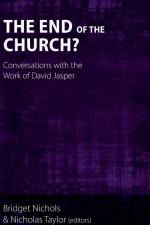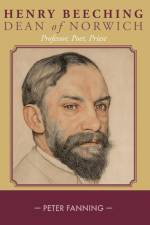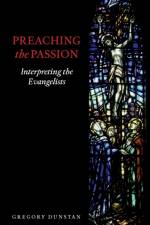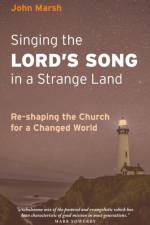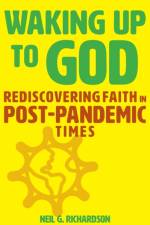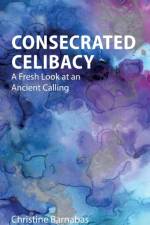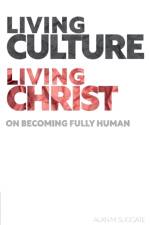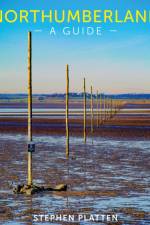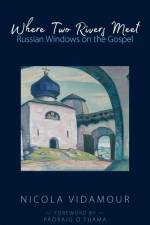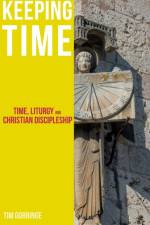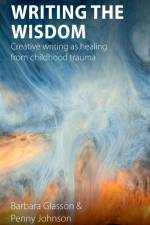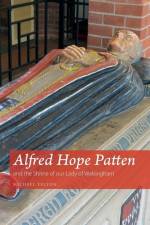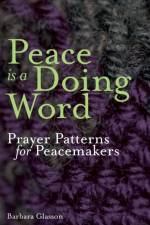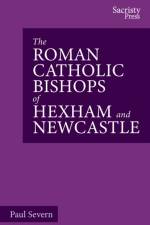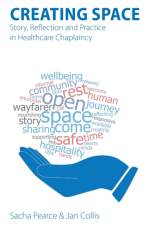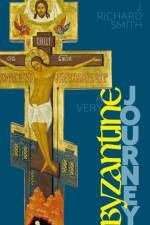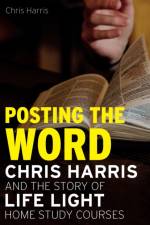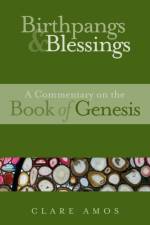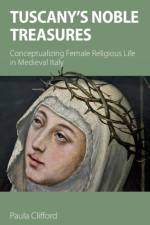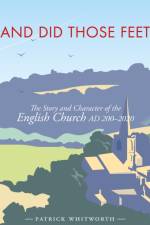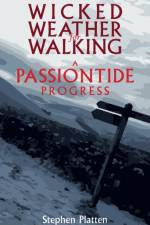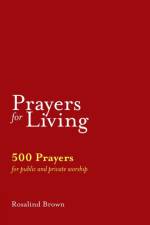av Stephen Platten
421
Northumberland, one of the most sparsely-populated counties in England, with unique features like the Holy Island of Lindisfarne and Hadrian's Wall, was also a crucible of European civilization and remains a treasury of culture. Giving birth to railways worldwide through George Stephenson, it saw the beginnings of hydraulics, hydro-electricity and turbines and, with Joseph Swan, witnessed the earliest light from electric incandescent lamps; it was a laboratory of invention.Northumberland has, however, changed dramatically over the course of the last century: deep coal-mining, shipbuilding and much heavy engineering have gone, but new industries have flowered. So, the largest man-made lake in northwest Europe, lying within the largest man-made forest is set within the north west of the county, bringing water in abundance and supporting entirely new leisure and tourist activities. The lower Tyne has been transformed both architecturally, and culturally.This unique guide to England's most northern county explores the land, the people, the flora and fauna alongside its architecture and history. A gazetteer takes readers to Northumberland's towns and cities - Newcastle, Hexham, and Berwick-upon-Tweed, but also to villages, hamlets, castles, beaches, churchyards, great houses, ruined abbeys, and vast wild open countryside. Among the places visited are the castles at Warkworth, Bamburgh, Dunstanburgh and Alnwick, the Farne Islands and the remote valleys of Allendale and the South Tyne, battle sites at Heavenfield, Otterburn and Flodden, alongside Vanbrugh's final triumphant Palladian mansion at Seaton Delaval.Fully illustrated with more than 240 photographs, this guidebook invites travellers and locals alike to explore the unique features and the true character of Northumberland.

